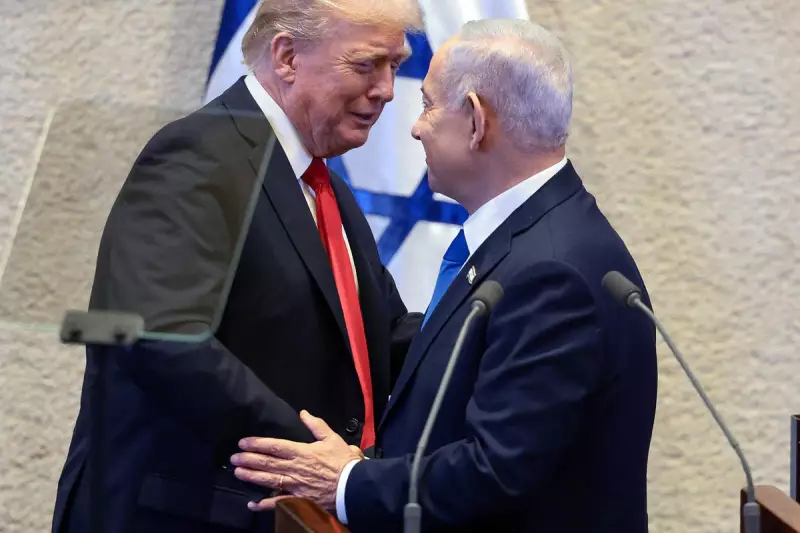
The political landscape is shifting dramatically as Donald Trump's potential return to power casts a long shadow over Benjamin Netanyahu's increasingly isolated position on Gaza. The Israeli Prime Minister, once buoyed by Trump's unwavering support, now faces a perfect storm of international condemnation and domestic pressure.
A Strategic Partnership Under Strain
The once-solid alliance between Trump and Netanyahu appears increasingly fragile as global opinion turns against Israel's military campaign in Gaza. With casualties mounting and humanitarian crises deepening, even traditional allies are growing restless. The United Kingdom and European powers have joined calls for ceasefire, leaving Netanyahu with fewer diplomatic options.
The International Community's Growing Impatience
World leaders who previously tolerated Netanyahu's hardline approach are now openly criticising his strategy. The Prime Minister finds himself caught between escalating military operations and mounting international pressure, creating his most challenging political position in years.
Domestic Unrest Compounds External Pressure
Within Israel, public opinion is divided. While some support continued military action, many question the strategic wisdom of Netanyahu's approach. Families of hostages and peace activists have organised regular protests, adding to the government's domestic headaches.
Trump's Uncertain Position
Despite their previous alliance, Trump's return might not guarantee the blanket support Netanyahu enjoyed during his first administration. The former president has sent mixed signals, reflecting the complex political calculations surrounding Middle East policy in an election year.
The coming months will prove crucial for both leaders. Netanyahu must navigate increasingly treacherous diplomatic waters while Trump weighs how closely to align himself with an increasingly isolated Israeli government. The outcome could reshape Middle Eastern politics for years to come.





